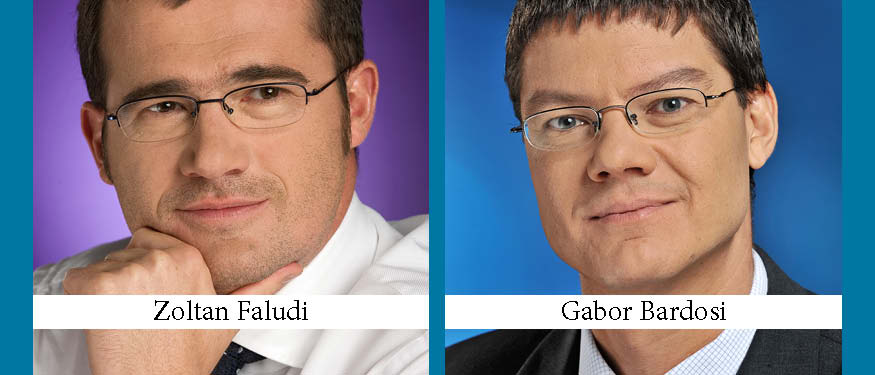Hungary’s current Act on Civil Litigation Procedures was adopted in 1953, and it served courts, counsels, and parties in litigations well over decades of the socialist regime.
Following the political changes in 1990 the Act has been amended over a hundred times to adapt to the completely re-structured economic and social environment. Over the past decade it has become obvious that the more and more complex and challenging commercial and legal disputes beg for a modern and completely renewed procedural act that is capable of creating balance between the need for an expeditious and professional resolution to cases and that of safeguarding the parties’ rights and equitable interests on an impartial basis.
Lawmakers have recognized the need for a comprehensive change. Work on a new procedural act began in 2013 and became very intensive in 2014. In addition to the Ministry of Justice, over 100 external advisers, multiple committees, and numerous working groups have contributed to the codification. All civil judges have received the opportunity to express their views on the concept, and editors have taken their comments into account. In preparation of the concept many foreign procedural codes were scrutinized, including those of Germany, Austria, Switzerland, and several CEE countries, although preserving Hungary’s procedural traditions and proven instruments has remained a priority.
In January 2015 the Government approved the concept of the new act, and a detailed draft was submitted to Parliamentary debate in early September of this year. The new Act on Civil Litigation Procedures will enter into force on January 1, 2018, and will apply to all cases commenced after that time.
The new Act’s innovations rest on three pillars: division of process, support in expediting the process, and active judge control.
The most significant change will be the introduction of the division of process in time and function. Following the lodging of the statement of claim the case will start with a preparatory phase and will continue with a distinct evidentiary phase. The purpose of the preparatory phase will be to identify the substance and the procedural framework of the legal dispute as early as possible. In this phase parties will have to make their full statements of facts and law, make all procedural motions, and submit all available evidence. All these statements and matters will be heard at a preparatory hearing in which further statements will be possible, but once the preparatory hearing is closed, statements and motions will not be altered. The evidentiary phase will be based on these established statements and motions, and its function will be to consider and rule on evidence.
It will be a fundamental principle of the new Act that parties must fully support the expeditious conduct of the case, that they must make their statements and submit their evidence in a timely manner and in good faith, and that their statements must reflect the truth. Failure to observe these rules will result in fines and other sanctions.
The principle and specific rules of active judge control will authorize judges to efficiently apply all reasonable tools to expedite the case, in particular to clarify contradictions between a party’s statements, call parties to supplement their statements, give directions on evidentiary matters, set the legal framework of the case, and promote the appropriate exercise of parties’ procedural rights.
Another long-awaited innovation is the increased efficiency of interim measures. Under the existing Act interim measures may not be applied for prior to the lodging of the full statement of claim. The new Act opens a path for interim measures to be filed before the full statement of claim is submitted, provided that the applicant demonstrates that any delay in granting an order on interim measures would render its purpose impossible. This new instrument is expected to give applicants a much more efficient tool to safeguard their rights and interests in cases where time is of the essence.
The new Act will introduce class actions, for the time being only for consumer and labor disputes and only where at least ten claimants wish to pursue claims arising from the same facts and rights. Fundamentals of expert evidence giving will be renewed as well by the testimony of party-appointed private experts receiving full competence and credibility.
Lawmakers’ expectation for the operation of the new Act is that cases will be made significantly shorter and that judicial decisions will be much more reliably founded on the bases of commercial reasonability and professionalism for the satisfaction of all legal practitioners.
By Zoltan Faludi, Office Managing Partner, and Gabor Bardosi, Counsel, Wolf Theiss Hungary
This article was originally published in Issue 3.6 of the CEE Legal Matters Magazine. If you would like to receive a hard copy of the magazine, you can subscribe here.



